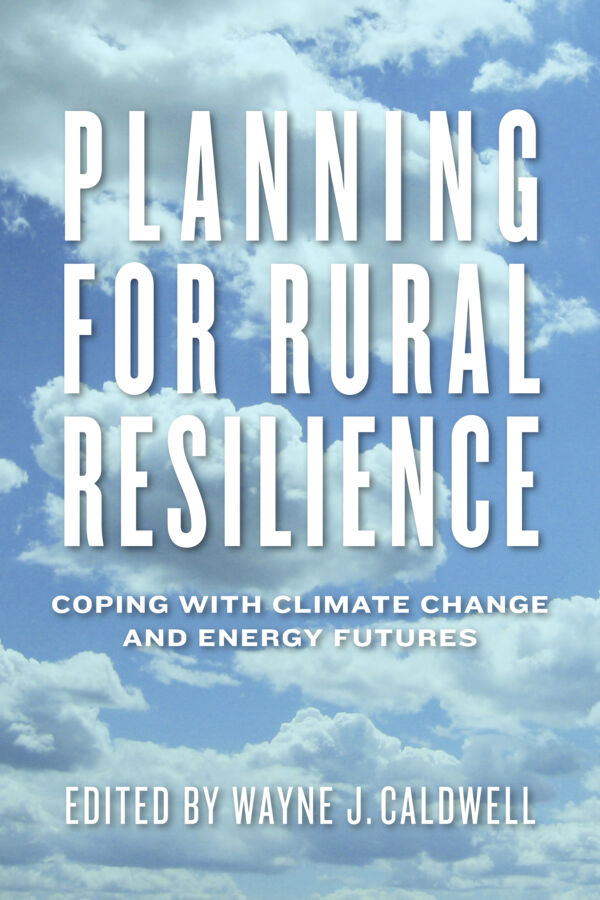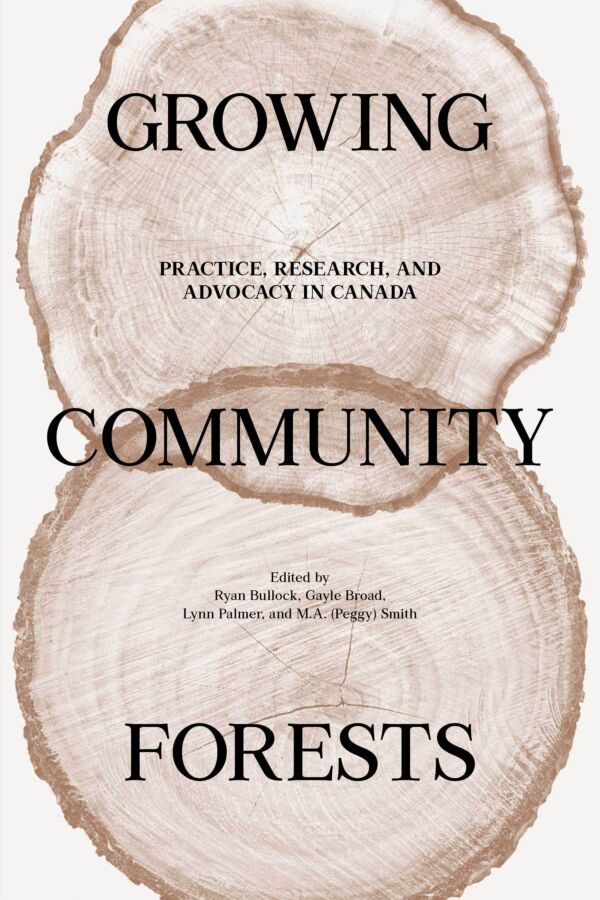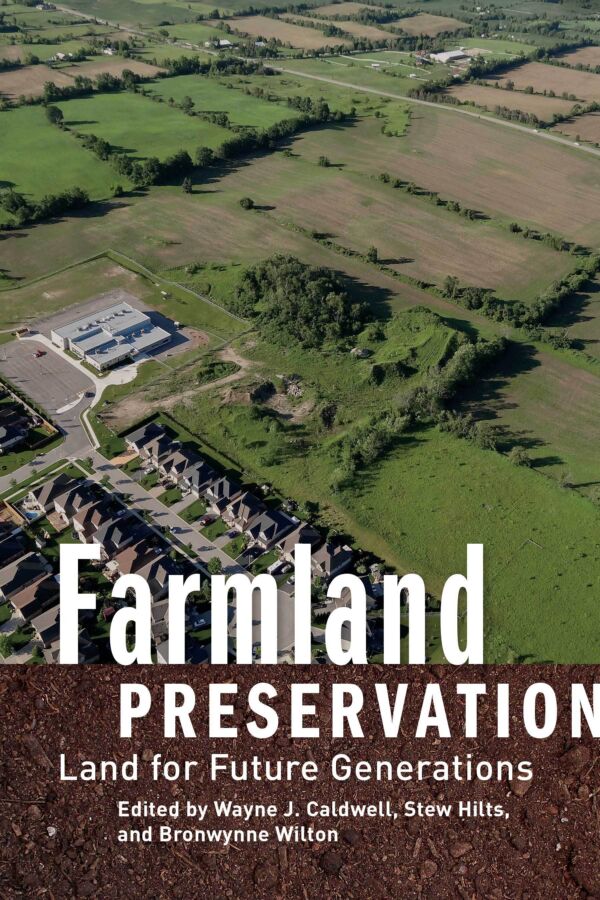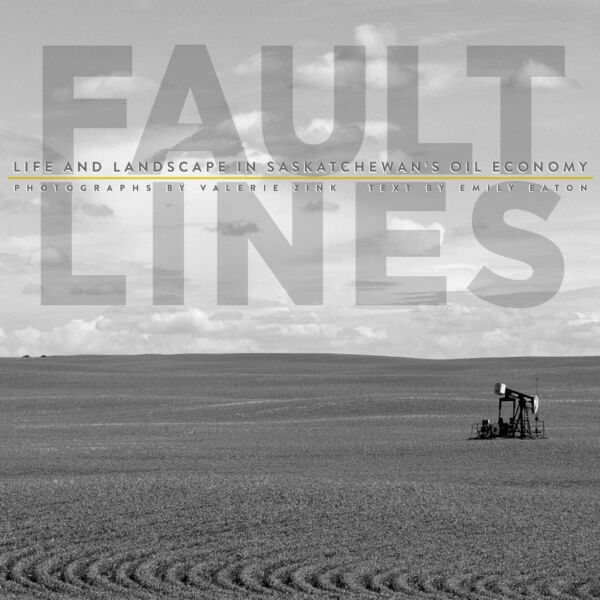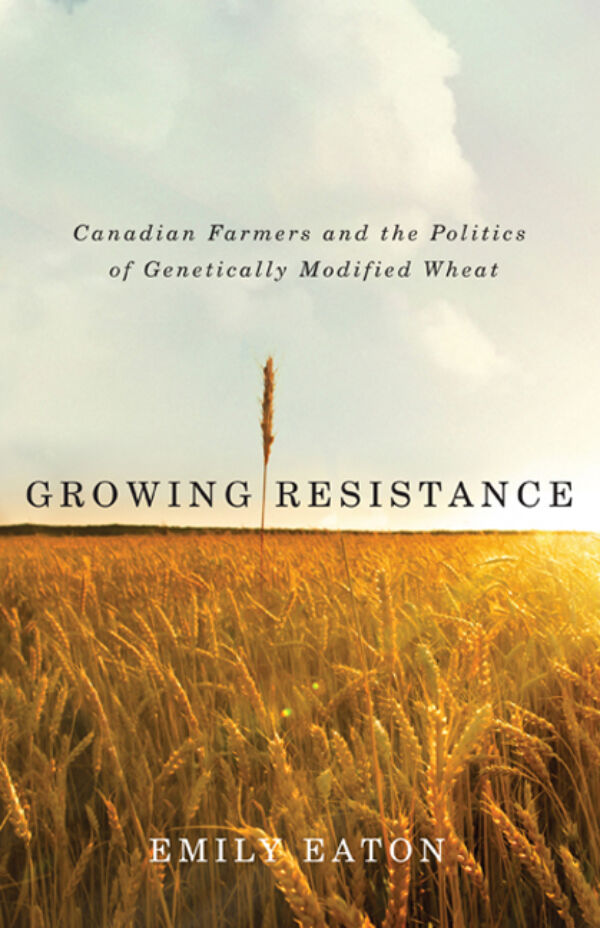Overview
Climate change and an evolving non-renewable energy sector threaten the future viability and sustainability of communities across the country. While rural communities have a special place in the national fabric, they often lack the resources to tackle these important and evolving threats.
Planning for Rural Resilience: Coping with Climate Change and Energy Futures makes clear that communities and municipalities have opportunities to make informed and constructive decisions in the face of uncertainty: many of these decisions are “win-win” in the sense that they benefit the community in the short term while also building resilience for the future. Case studies include a town rebuilding itself after a tornado and an individual farmer’s commitment to creating a resilient farm. They provide examples of innovative, successful, and practical on-the-ground actions and strategies.
Planning for Rural Resilience asks central questions about the nature of change and the ability to adapt in rural regions. While change is often feared, communities have capacity that can be rallied, harnessed, and turned towards planning policy and action that responds to threats to the future. This important work will assist municipal decision makers, planners, and community members as well as anyone who has a passion for the future and betterment of rural life.
Reviews
“The speed and magnitude of global change have the potential to significantly alter our living conditions. The issue of local resiliency is, in this context, an important issue that needs to be systematically described and understood. This book makes an important contribution in that direction.”
Harry Polo Diaz, Sociology and Social Studies, University of Regina
“Planning for Rural Resilience does an excellent job of providing the big picture and essential details of coping with changes and building long term resilience in a rural context.”
Lauren Kolojejchick-Kotch, Great Plains Research
About the Authors
Table of Contents
Introduction - Setting the Stage
Chapter 1 - Building Community Resilience in Huron County
Chapter 2 - Policy and Green Infrastructure: Planning in Response to Climate Change and Peak Oil
Chapter 3 - Planning with Nature: Experiences at the Grassroots Level
Chapter 4 - Increasing Energy Costs, Climate Change, and Personal Transportation in Rural Ontario
Chapter 5 - Eden Mills, Going Carbon Neutral: Case Study of a Community Approach
Chapter 6 - The Transition Response: Practical Resilience Strategies
Chapter 7 - The Changing Face of Agriculture: Case Studies of Organizations Building a New Future for Food
Chapter 8 - One Farmers Approach to Building Resilience
Chapter 9 - Practical Response: Options for Agriculture
Chapter 10 - Rural Sustainability

